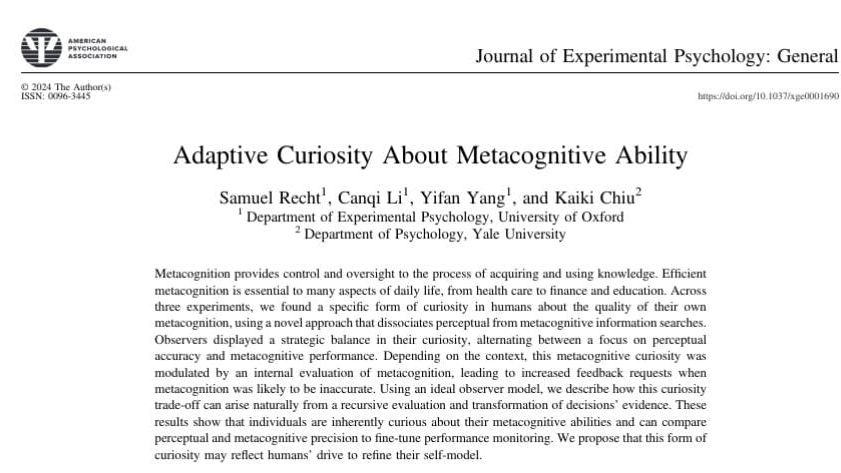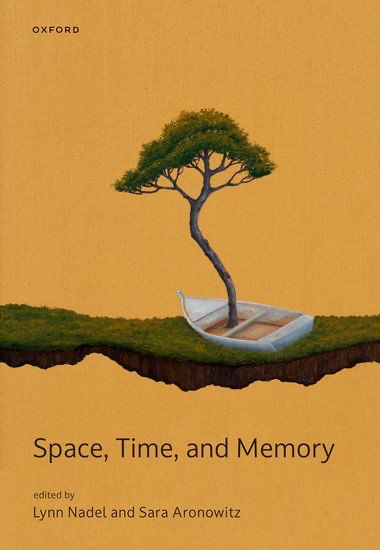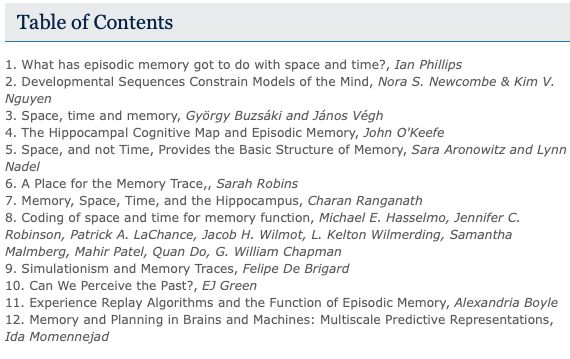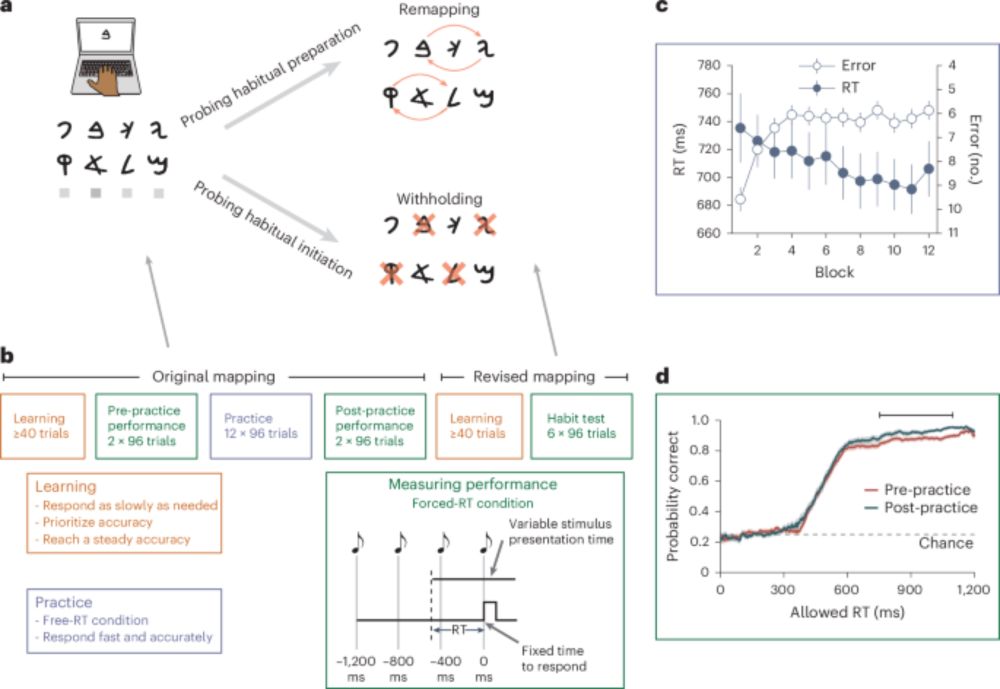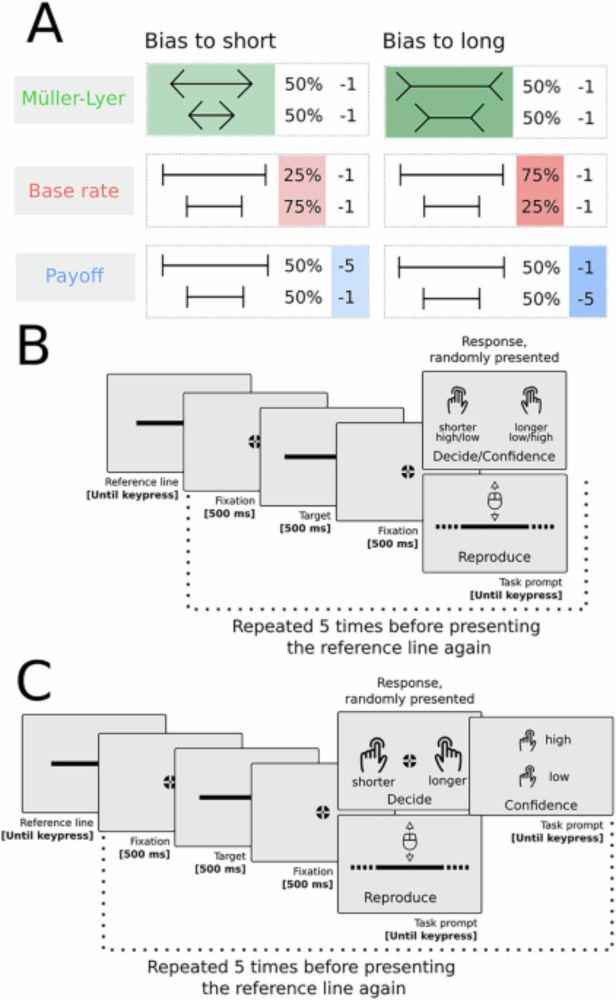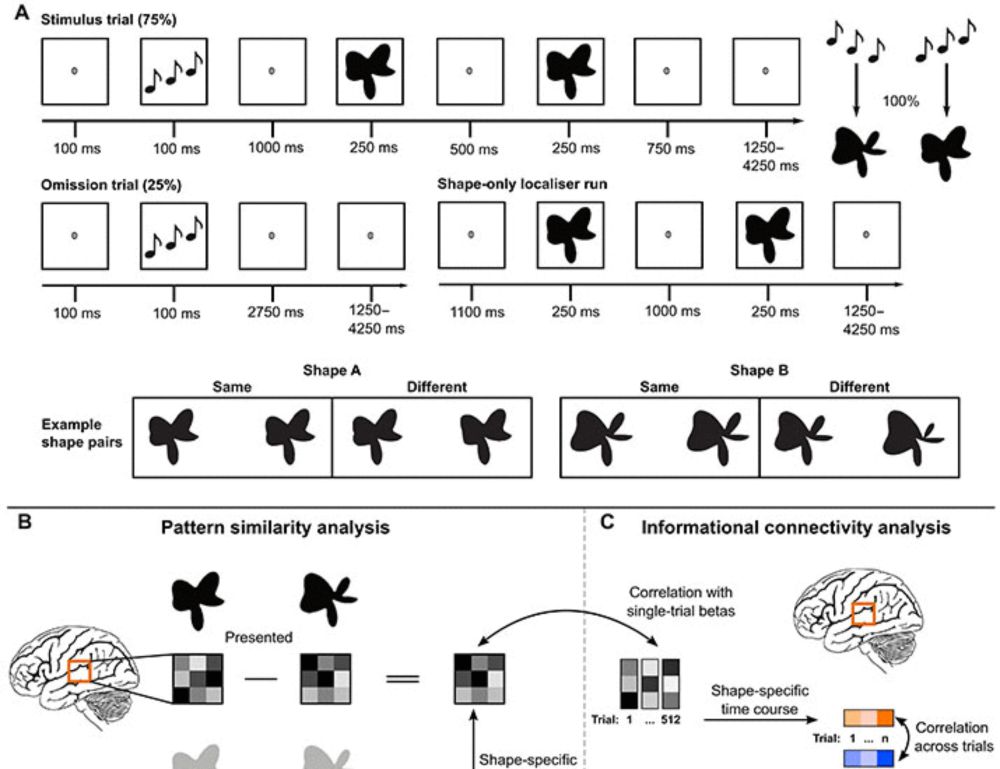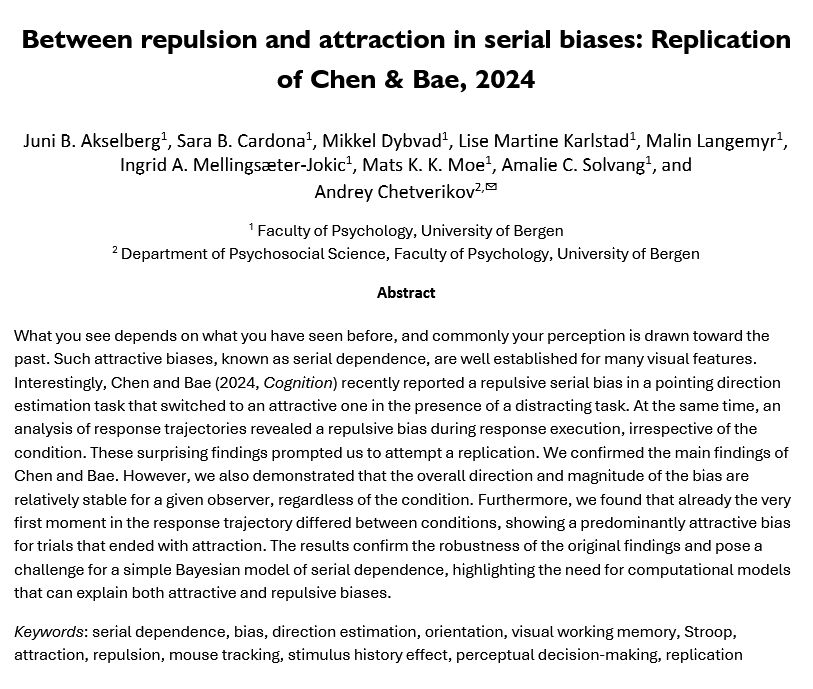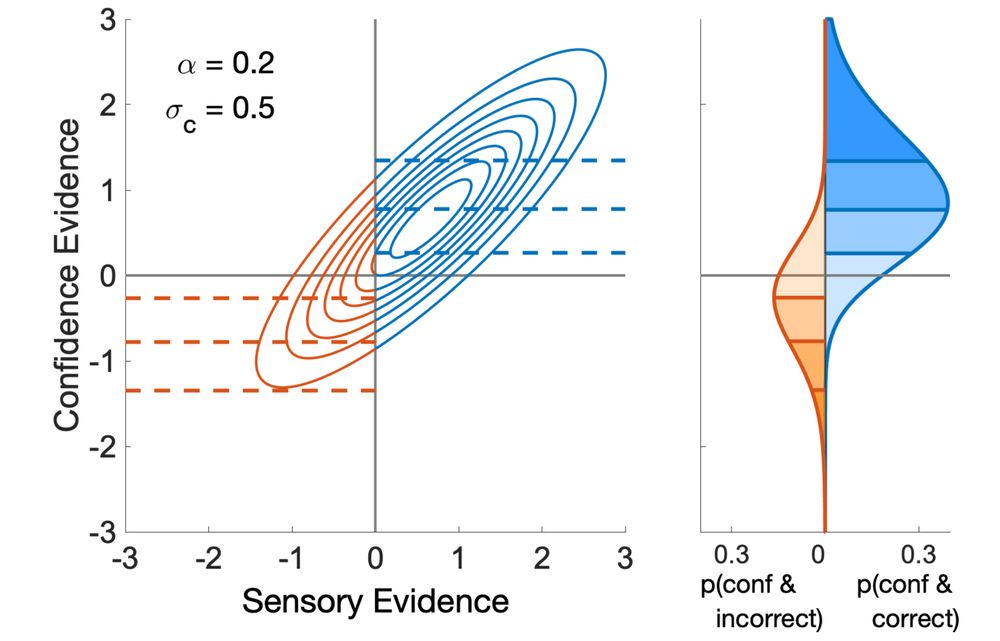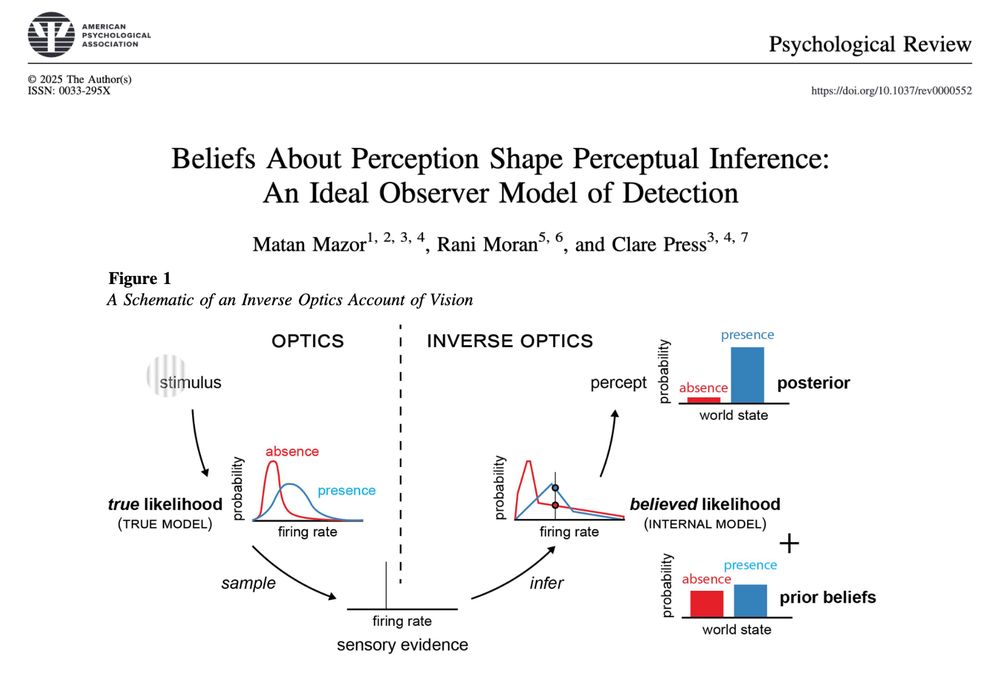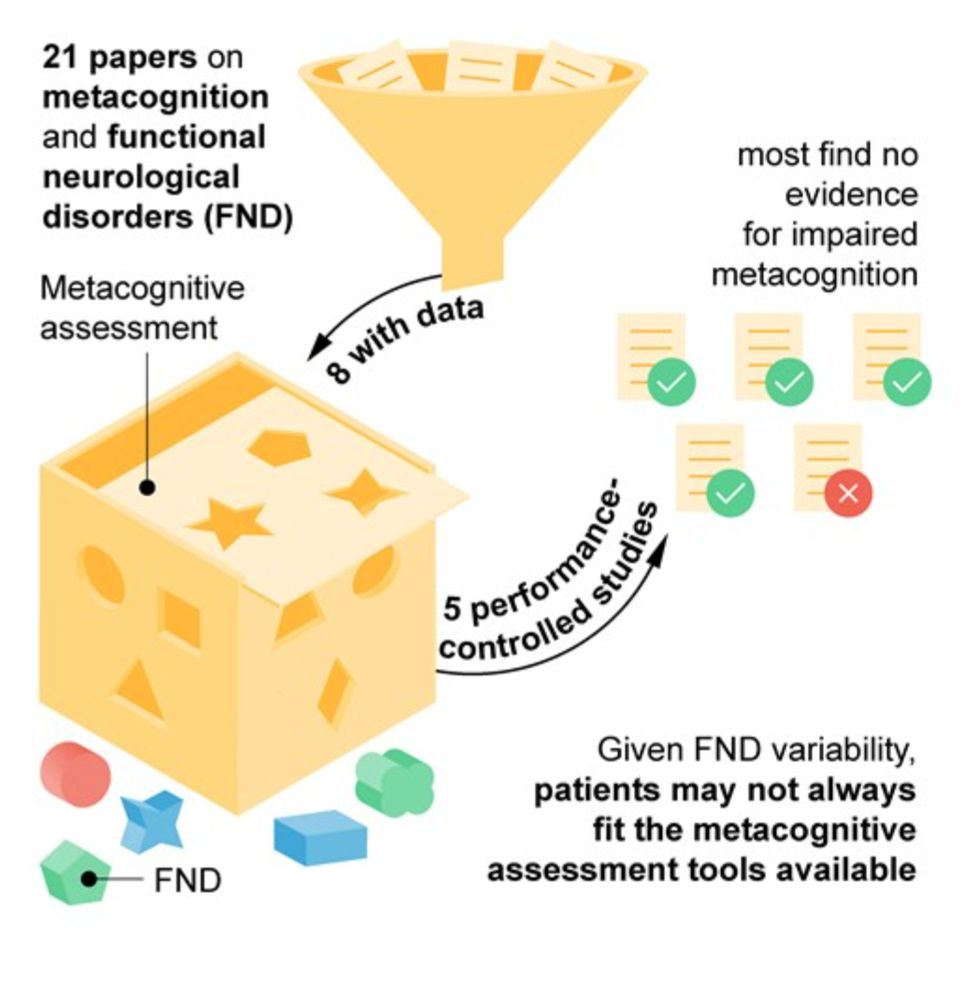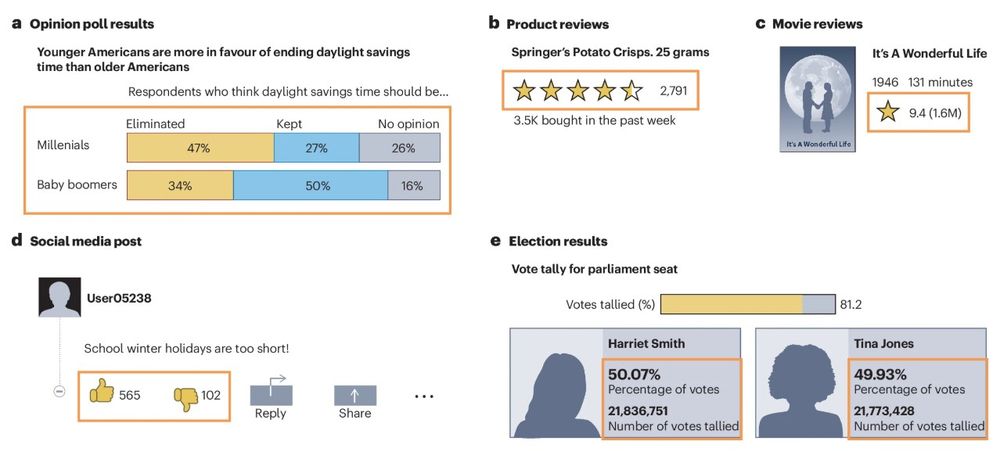Samuel Recht
@sam.re
1K followers
190 following
20 posts
Cognitive scientist @ Oxford. Studying attention, metacognition and curiosity / learning.
Posts
Media
Videos
Starter Packs
Pinned
Reposted by Samuel Recht
Reposted by Samuel Recht
megan peters 🧠
@meganakpeters.bsky.social
· Jun 10
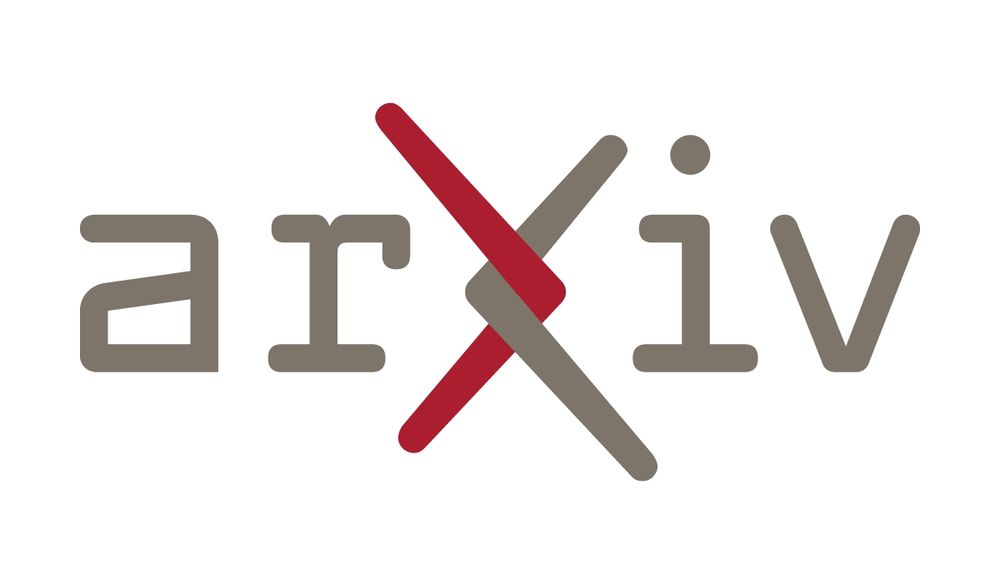
Metacognition and Uncertainty Communication in Humans and Large Language Models
Metacognition, the capacity to monitor and evaluate one's own knowledge and performance, is foundational to human decision-making, learning, and communication. As large language models (LLMs) become i...
arxiv.org
Reposted by Samuel Recht
Martin Hebart
@martinhebart.bsky.social
· Jun 10
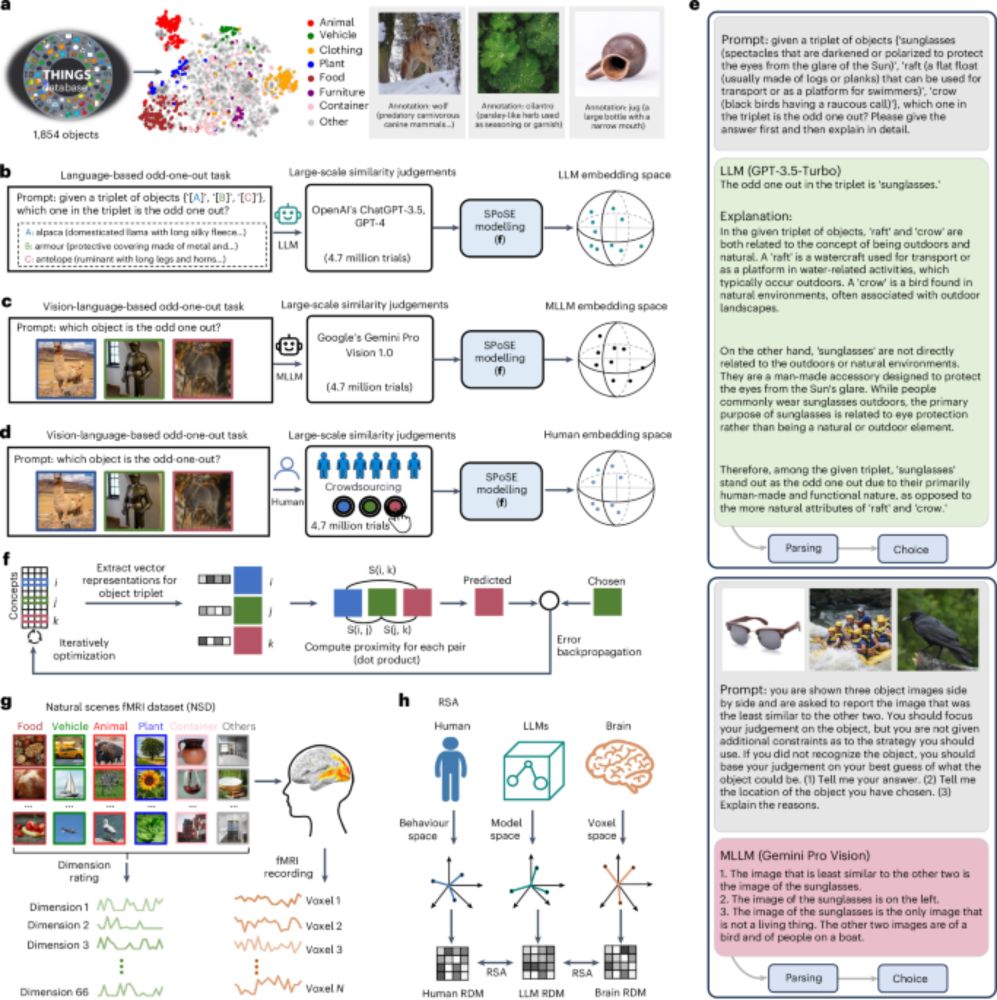
Human-like object concept representations emerge naturally in multimodal large language models - Nature Machine Intelligence
Multimodal large language models are shown to develop object concept representations similar to those of humans. These representations closely align with neural activity in brain regions involved in o...
www.nature.com
Reposted by Samuel Recht
Reposted by Samuel Recht
Reposted by Samuel Recht
Reposted by Samuel Recht
Reposted by Samuel Recht
Reposted by Samuel Recht
Sophie Herbst
@herbstso.bsky.social
· May 15

Alpha power indexes working memory load for durations
Timing, that is estimating, comparing, or remembering how long events last, requires the temporary storage of durations. How durations are stored in working memory is unknown, despite the widely held ...
www.biorxiv.org
Reposted by Samuel Recht
Doby Rahnev
@dobyrahnev.bsky.social
· Apr 30
Reposted by Samuel Recht
Kobe Desender
@kobedesender.bsky.social
· Apr 30
Reposted by Samuel Recht
Ivan Tomic
@ivntmc.bsky.social
· Apr 28
Reposted by Samuel Recht
Reposted by Samuel Recht
Ling-Qi Zhang
@lingqiz.bsky.social
· Apr 24
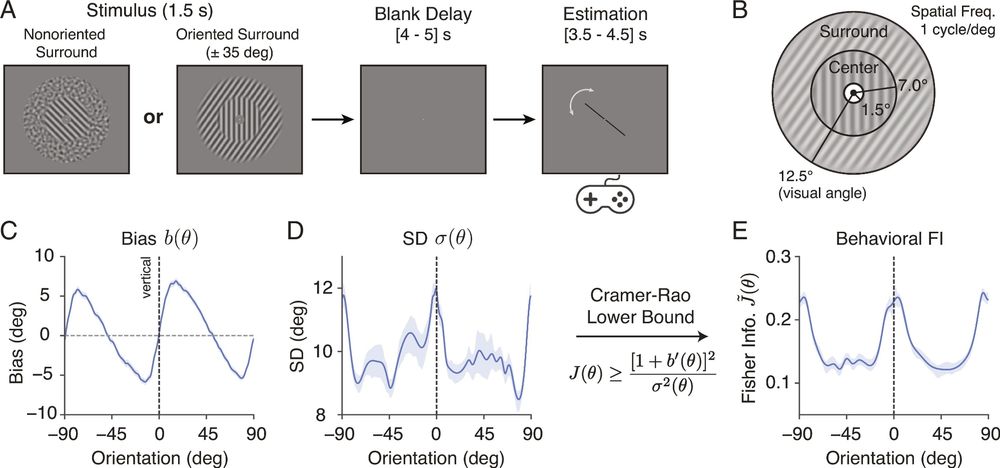
The tilt illusion arises from an efficient reallocation of neural coding resources at the contextual boundary | PNAS
The tilt illusion—a bias in the perceived orientation of a center stimulus induced
by an oriented surround—illustrates how context shapes visual pe...
www.pnas.org
Reposted by Samuel Recht
Laura Dugué
@lauradugue.bsky.social
· Apr 24

Attention induced perceptual traveling waves in binocular rivalry
Cortical traveling waves -smooth changes of phase over time across the cortical surface- have been proposed to modulate perception periodically as they travel through retinotopic cortex. Yet, little i...
www.biorxiv.org
Reposted by Samuel Recht
Reposted by Samuel Recht
Reposted by Samuel Recht
Kobe Desender
@kobedesender.bsky.social
· Jan 20
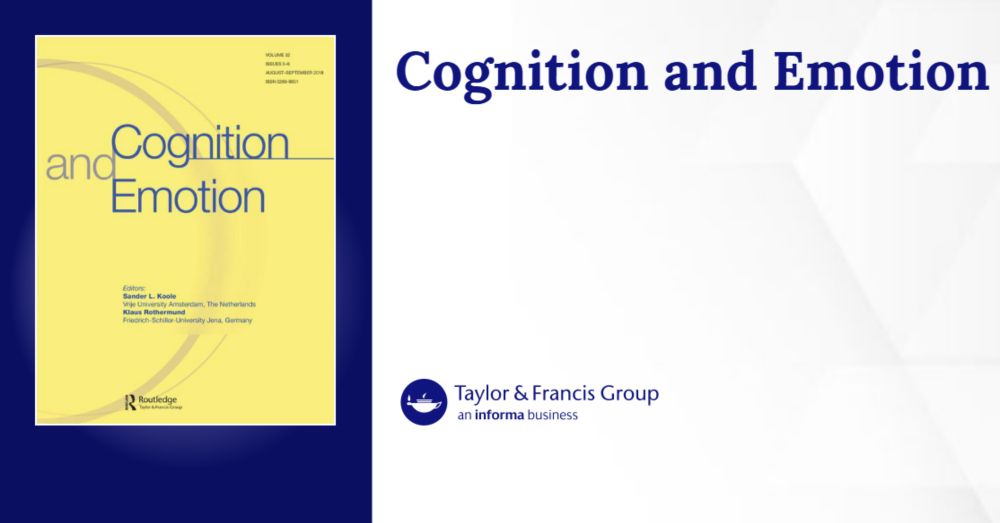
Metacognitive confidence and affect – two sides of the same coin?
Decision confidence is a prototypical metacognitive representation that is thought to approximate the probability that a decision is correct. The perception of being correct has also been associate...
www.tandfonline.com
Reposted by Samuel Recht
Doby Rahnev
@dobyrahnev.bsky.social
· Jan 16
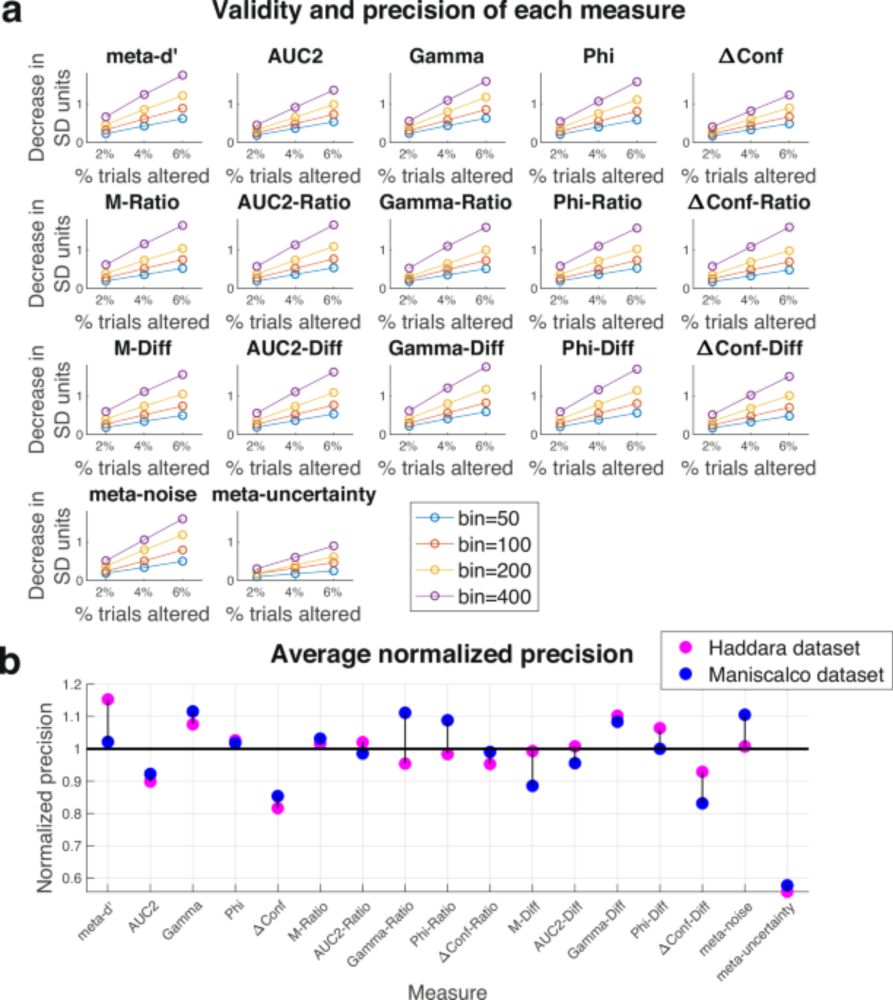
A comprehensive assessment of current methods for measuring metacognition - Nature Communications
Measuring metacognitive ability is one of the enduring challenges in cognitive science. The current paper develops formal tests of the quality of different measures and assesses how current metrics pe...
www.nature.com
Samuel Recht
@sam.re
· Jan 11
Reposted by Samuel Recht
Reposted by Samuel Recht


